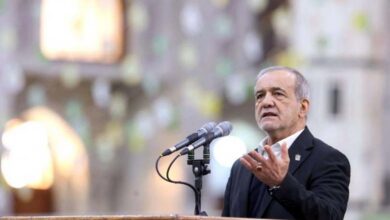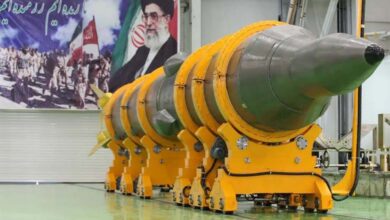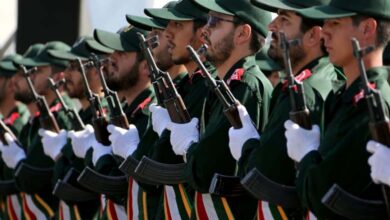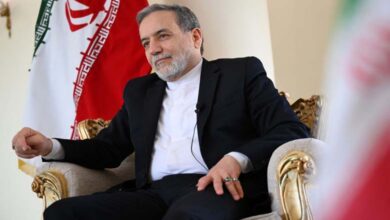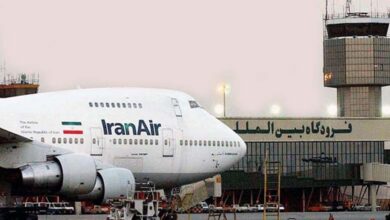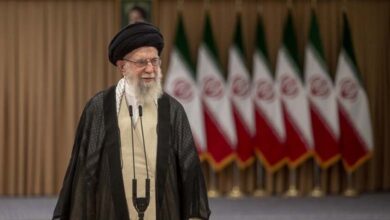Iranian Movement Bridges Gap Between Coordinating Framework Leaders
A meeting between the Iraqi Prime Minister and the leaders of the Coordinating Framework culminated in an agreement on the necessity of maintaining the current government.
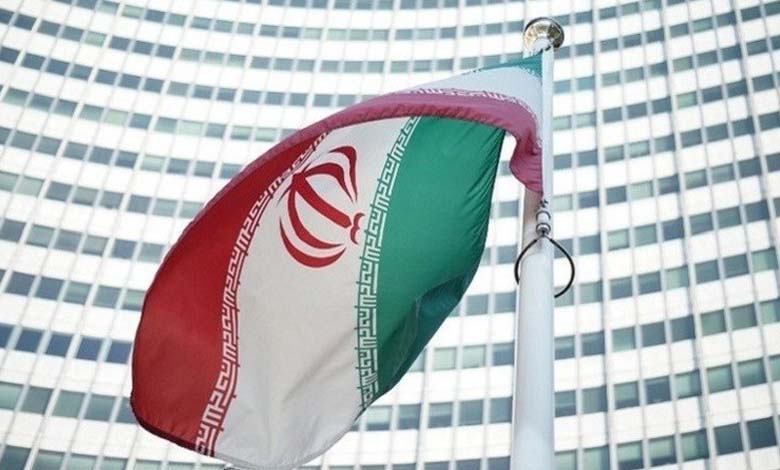
The al-Fatah Alliance, led by Hadi al-Amiri, a figure close to Iran, reaffirmed its support for the Coordinating Framework, which includes pro-Tehran political forces, backing Iraqi Prime Minister Mohammed Shia al-Sudani, denying any push for early elections. It appears Tehran has succeeded in reorganizing the Shiite factions and bridging the gap between the leaders of the Coordinating Framework.
Ali al-Fatlawi, a leader in the alliance, denied reports on the Kurdish website Shafaq News that the Coordinating Framework or some of its leaders had asked al-Sudani to resign and head towards early elections.
He revealed that the Iraqi Prime Minister had agreements and commitments with the Coordinating Framework, adding that he was expected to resolve several issues, including the withdrawal of U.S. forces from the country and the currency crisis.
He added that the Coordinating Framework “still strongly supports al-Sudani and his government and is not in favor of early elections.”
Leaders of the pro-Tehran political forces held a meeting on Monday night at Hadi al-Amiri’s residence, attended by Prime Minister Mohammed Shia al-Sudani.
The meeting concluded with an agreement between both parties on “the necessity of maintaining al-Sudani’s government and overcoming these obstacles while supporting al-Sudani and his government until the end,” as confirmed by Aqeel al-Rudaini, spokesperson for the Victory Coalition led by former Prime Minister Haider al-Abadi.
He also revealed that the leaders of the Coordinating Framework agreed that the failure of al-Sudani’s government to address several issues was due to his office.
Iran recently warned al-Sudani against leaving the Coordinating Framework, which serves as the unifying bond for pro-Tehran political forces, and recommended that he run in the upcoming elections under its lists.
Tehran fears any divisions or disagreements that could fracture the unity of the Framework, potentially threatening its interests, having worked for years to strengthen its influence, particularly when the management of proxies was under the late General Qassem Soleimani, commander of the Quds Force.
Al-Sudani assumed the position of Prime Minister in October 2022 after being nominated by the Coordinating Framework. He has often been pressured by pro-Tehran political forces to impose their agenda, even to the point of threatening to withdraw political support and pushing for his dismissal.
In recent years, Iraq has become a battleground for confrontation and score-settling between the United States and Iran, which has bolstered its influence in the country by relying on loyal Iraqi parties and factions.
Recently, Iran has intensified efforts to reorganize Shiite factions in Iraq and contain the tensions between al-Sudani and the Coordinating Framework, in preparation for any surprises in the upcoming elections, especially as the return of Moqtada al-Sadr, leader of the Sadrist movement, to the political scene is now almost certain.


